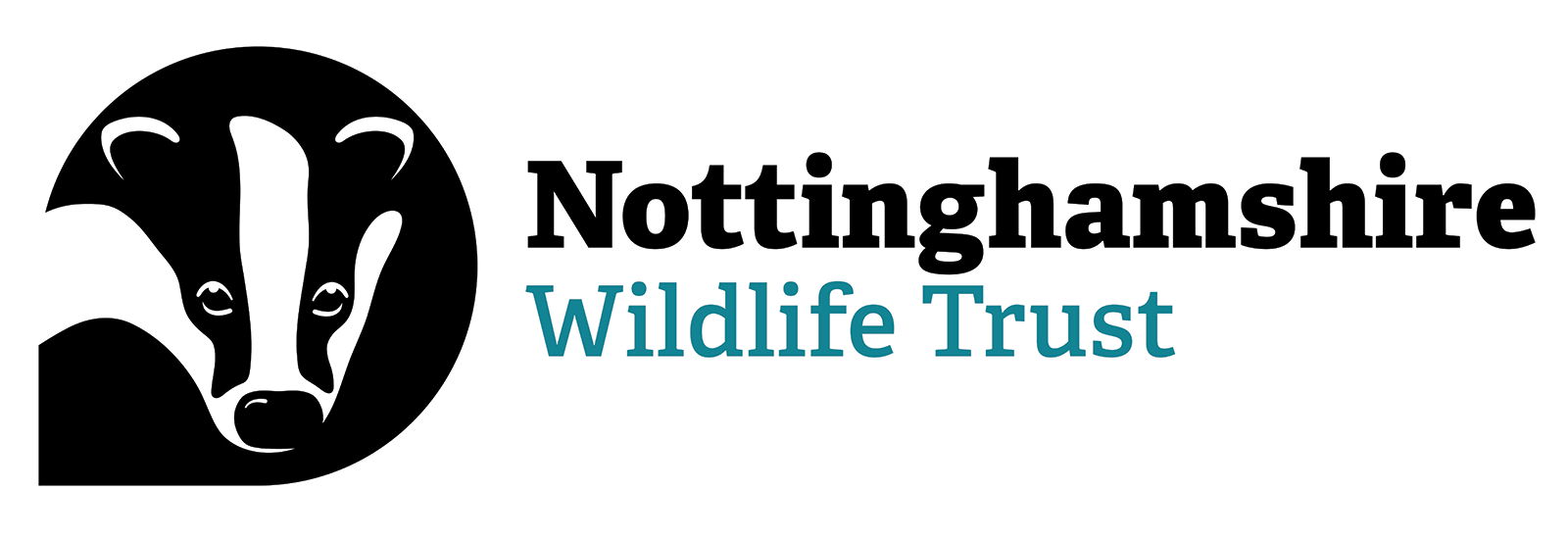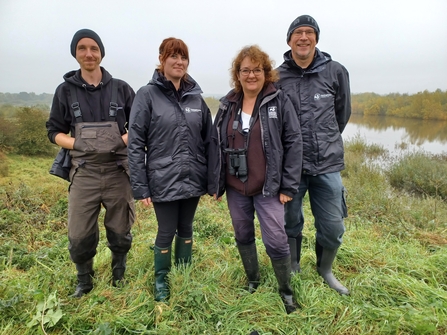It is widely acknowledged that the water vole is the UK’s fastest declining mammal. Surveys for the species in Nottinghamshire earlier this year found them to be almost entirely absent from sites where they were recorded historically. Surveys between 2020-2022 found water voles to be largely absent from sites where they were recorded as recently as 2013 and surveys dating back to 2014 showed a reduction in distribution from the year 2000.
This local evidence, plus continued pressure on water vole populations across the UK and their recent extinction in some counties, demonstrates that urgent action is required to prevent this charismatic and important mammal being lost from Nottinghamshire. Now, thanks to a grant of almost half a million pounds from Natural England’s Species Recovery Programme Capital Grant Scheme, Nottinghamshire Wildlife Trust, which helped coordinate the first county-wide survey for the species back in 1997/98, is to embark on an ambitious project to restore water vole populations across three key areas of the county.
The project, which will run until March 2025 will see £491,740 invested in a range of measures to restore and create vital wetland habitat to support the species, to boost water vole numbers and a targeted programme of mink control across 900 hectares of wetland habitat and more than 50km of rivers to give water vole populations the chance to recover.
The Nottinghamshire Water Vole Recovery Project is one of 63 projects aimed at recovering a wide range of our scarcest animals and plants, to be delivered across the UK with £13.5 million of funding via Natural England’s Species Recovery Programme.
The project aims to secure a thriving future for water voles in Nottinghamshire by tackling the causes of decline through effective mink control, using lessons from successes in other projects, and through habitat creation and enhancement at a landscape-scale in at least three catchments across the county (Erewash, Sherwood and Idle). Using these measures, The project aims to restore water vole populations at the charity’s flagship Idle Valley and Attenborough Nature Reserves amongst other wetland sites.

